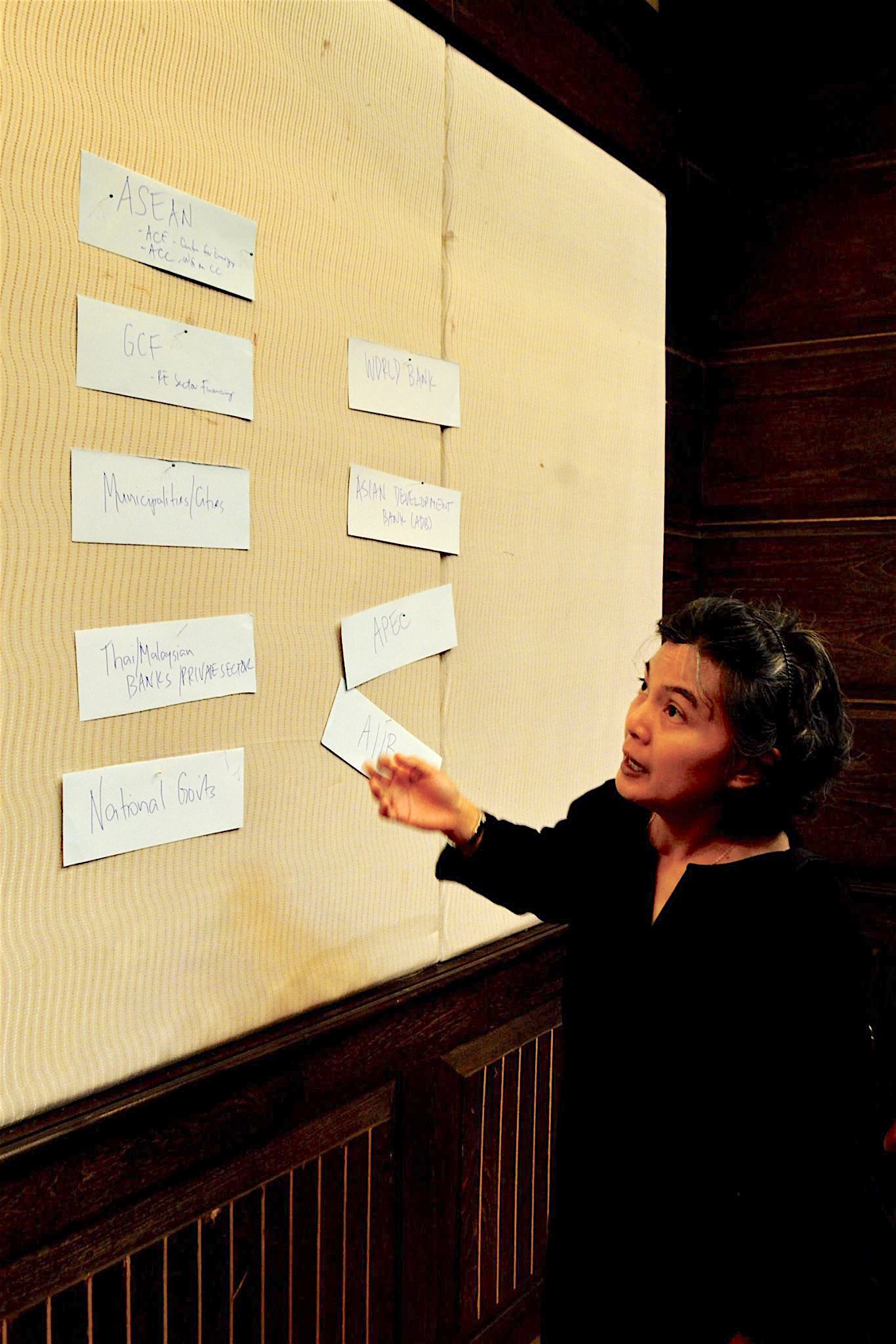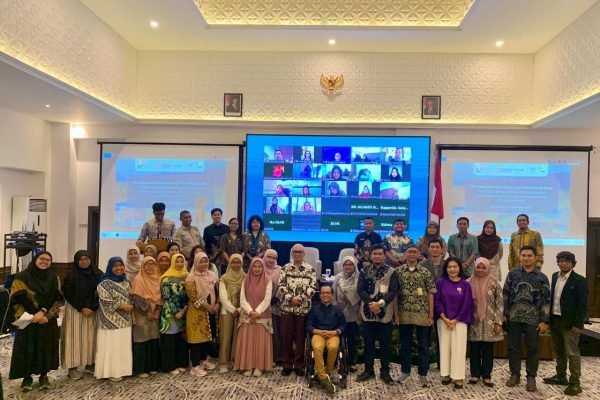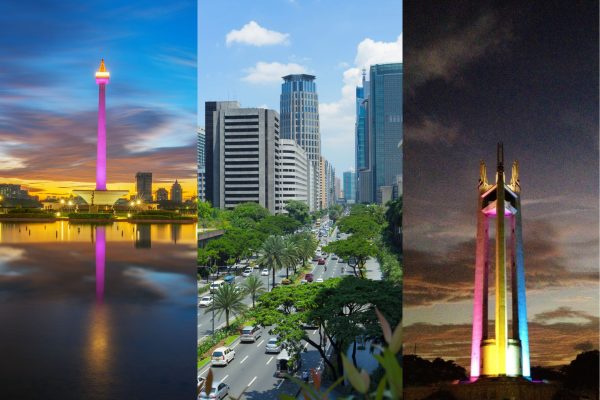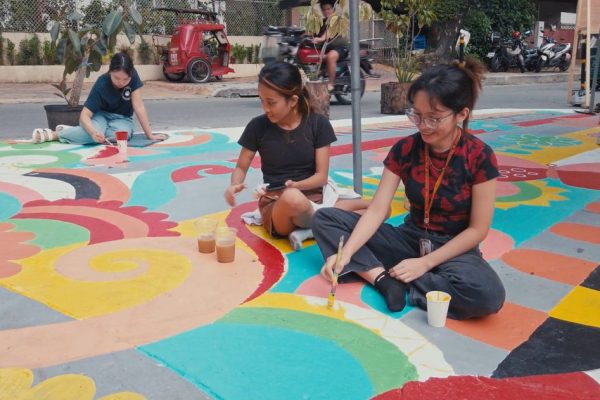Ms. Wanun Permpibul, Director of Climate Watch-Thailand and Outgoing Coordinator of the Asia Climate Change Consortium (ACCC), leading the planning towards the big shift towards 100% RE. Cities and municipalities were identified as one of the crucial stakeholders.
ICLEI SEAS joined local and regional civil society organizations and networks working with the Asia Climate Change Consortium (ACCC) for a regional workshop on limiting temperature increase to 1.5 degrees Celsius held at the Ruen Phae Royal Park Hotel, Phintsanulok, Thailand from 7-9 March. The ACCC is a learning and collaborative platform for local and regional groups working on climate change across Asia and the Pacific.
During the three-day workshop, representatives of various groups identified and mapped out the priority advocacy areas, concrete actions and platforms at the national and regional level to ensure the big shift towards 100% renewable energy by 2040. These priority advocacy areas encompass the following: accelerating renewable energy, mainstreaming energy efficiency, promoting climate change adaptation, and avoiding loss and damage.
Among others, the ACCC recognized the importance of mainstreaming energy efficiency in cities across Southeast Asia as a crucial component of its advocacy towards the big shift. With Southeast Asian cities facing rapid urbanization and economic growth resulting in high energy demand, the network sees as a strategic priority working with cities across Southeast Asia in promoting best practices and strategies in energy efficiency and energy demand management.
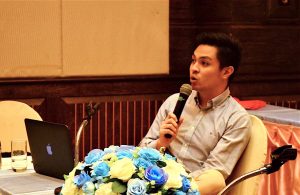
Mr. Marvin Lagonera of ICLEI SEAS sharing the organization’s work in promoting low carbon development in Southeast Asian cities.
Mr. Marvin Lagonera of ICLEI SEAS shared the organization’s work with cities in the area of climate change mitigation and low carbon development. Mr. Lagonera introduced the various projects, activities, tools and frameworks used by the organization in mitigating emissions across Southeast Asian cities.
The ACCC also visited and learned from a local community in the Bangragam district, which has developed various adaptation strategies in response to extreme weather conditions. The ACCC learned that the residents have developed resilient livelihoods and have learned to easily adapt between farming and fishing when the village is submerged under high waters during the rainy season. Their houses are built on stilts and some are supported by barrels allowing these to float during flooding. Despite this, residents have expressed their concern over certain changes in the weather such as the early onset of the rainy season or prolonged dry season, heightening the call to raise awareness on the effects of climate change.
Climate Watch Thailand, Christian Aid and ActAlliance co-organized the event.

